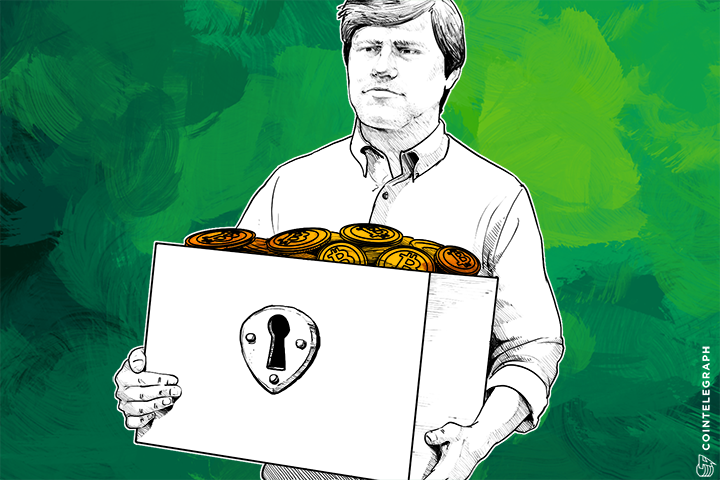Cryptographer and digital currency researcher Nick Szabo, who many believe to be the real identity behind Satoshi Nakamoto, has stated that a rapid block size increase is “a huge security risk” and “a reckless act to be performing on a $4 billion system.”
Szabo made the remarks as part of the ongoing debate over the Bitcoin block size, which continues to draw in major players from across the community.
As explained by Pete Dushenski, an author at Qntra and Contravex, the Bitcoin blockchain is like a city and the height of its walls is the network’s hashrate. “As such, the larger the Blockchain, the more hashpower is required to maintain the same level of security,” he said.
Szabo instead proposed the approach of Pieter Wuille, which suggests the blocks should be expanded by 33% annually.
A much more reasonable block size proposal, following historical growth rates in a "limiting nutrient" resource: https://t.co/RRapcLSm6j
— Nick Szabo (@NickSzabo4) August 16, 2015
Szabo presents a fair argument. Today, BraveNewCoin estimates that there are around 100,000 miners in the bitcoin network, disregarding individuals and organizations running full nodes. An abrupt change in the system, like expanding the block size to 8 MB, will force all 100,000 miners and individuals running full nodes to adapt to a completely different ecosystem.
“Network nodes are full clients in the network, not miners. In order to mine, you don't need to have a local node unless you're using a p2p pool or you're making blocks. The 100,000 miners is an estimate of the number of miners using mining pools, and so they don't need to have nodes,” explained BraveNewCoin.
Garzik’s Argument
Bitcoin core developer Jeff Garzik wrote in an email to Pieter Wuille, the core developer who proposed the approach which Szabo currently prefers, that the Bitcoin block size will have to be increased eventually. Bitcoin holders and users will not be satisfied with hour-long confirmations and constantly full blocks that may delay transactions for 10 – 12 hours. Implementing a fee structure would thus merely create chaos in the bitcoin network.
A fee structure is a change in miner’s fee, which users can control. For example, a sender in urgent need of having a transaction verified quickly because of a time sensitive corporate deal, could pay a little more than usual – for example around 20 cent – to have miners verify that transaction first.
Ultimately, Szabo, Dushenski, Mircea Popescu and Garzik agree that tampering with the block size will only make the blockchain heavy and insecure.
“The biggest challenge ahead isn’t “bringing Bitcoin to the people” or some such nonsense, it’s in maintaining a sufficient number of nodes to relay and verify transactions. This is challenging issue that has yet to be fully addressed,” explained Dushenski.



